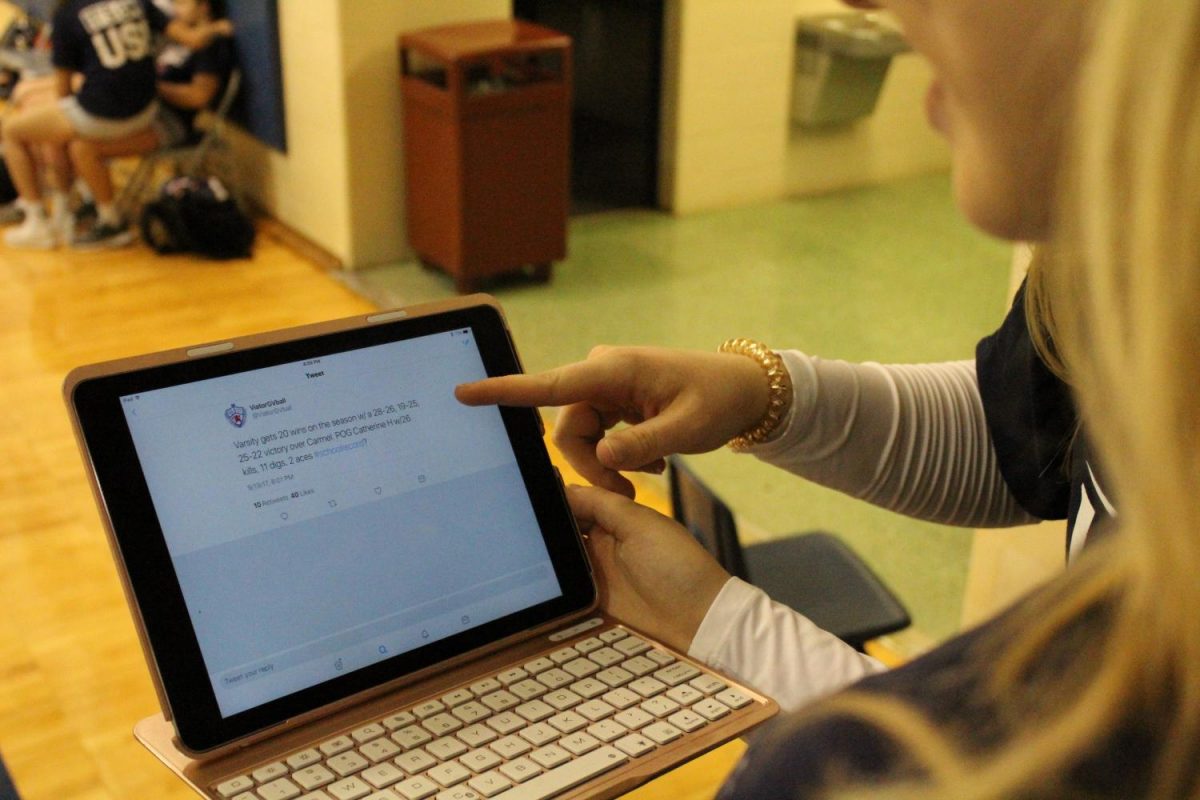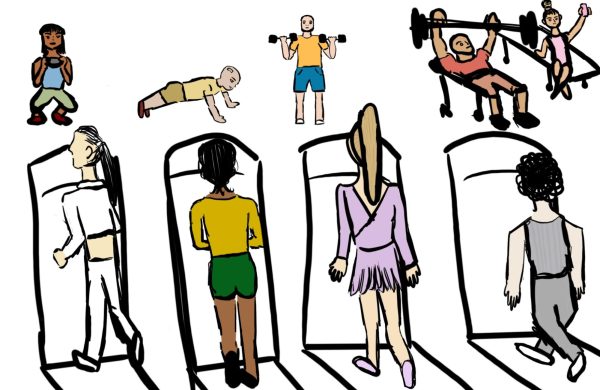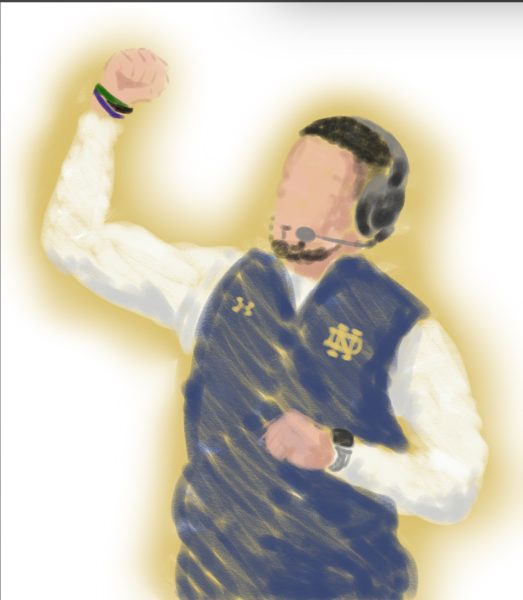Social media and its impact on sports
Lisa Horn, also known as the Publicity Gal, once proclaimed, “Everything you post on social media impacts your personal brand. How do you want to be known?” Social media is a great tool in the sports world for teams to communicate to one another, and for coaches to communicate to their players. Yet, social media can also be a terrible gadget for young, talented teens.
For example, Shedrick McCall III, a committed division 1 running back to Old Dominion, lost his full-ride scholarship because of what he posted on Youtube. He was uninformed that college scouts check players’ social media pages to make sure they are staying out of trouble.
Additionally, an article on Fieldhouse Media by Kevin DeShawn talked about college athletes from all 3 divisional levels, and it said that 45% of these athletes have admitted to posting something inappropriate on Snapchat, and 30% have admitted to posting something, on any social media platform, that they regret.
Jack Mahoney, a sophomore at Saint Viator that already has a scholarship to Notre Dame University, believes that overall social media is a more positive platform, and that it helps athletes get exposure.
“Twitter has been huge for exposure for me, with accounts tweeting out news articles talking about my stats and my overall ability to play” said Mahoney.
Mahoney uses Twitter and Instagram, and he also believes that parents should check, to an extent, what their children post online.
“I feel that parents should monitor what their kids post, especially if they have the ability to play a sport in college, just to make sure they aren’t posting anything that can get their scholarship revoked”, Mahoney said. Mahoney also said that players should have the responsibility to think before they tweet something, not just their parents.
Rich Mcloughlin, the Saint Viator strength and conditioning coach, also believes that social media is a positive platform, and that it can help spread inspiration and determination. Coach Mcloughlin uses Twitter and Instagram to communicate with his athletes and to help demonstrate what goes on in the weight room to outsiders that are interested.
“As a coach, I see social media as a positive thing” said Coach McLoughlin.
“I think it is a great way to communicate with others, and I am constantly tweeting out schedules, nutrition facts, and workout ideas for our athletes.”
Coach Mcloughlin also believes that it should be the athletes’ responsibility to think before they tweet.
“If an athlete is going to tweet something, they must keep in mind that whatever they say is there forever, and for anyone to see” said Coach McLoughlin.
Coach Mcloughlin also says he has not seen negativity/bullying on social media, but he does believe that it exists.
T.J. King, the assistant varsity soccer coach for both boys and girls, believes that all programs should be more active on social media, to spark interest.
“We have started doing interviews with players after the games, and sometimes after practice to showcase our players” said Coach King.
“After a game, we interview someone who had a great game, or scored a goal.”
Coach King also believes that social media is great for sports teams because it appeals to the younger generations who are constantly on social media platforms such as Twitter.
“We hired someone to do our social media pages, since we want them to appeal to parents, and also teenagers” said Coach King.
“Teens are so obsessed with social media that we almost use it as a marketing technique, displaying our team through our Instagram and Twitter pages.”
In conclusion, social media can be a dangerous platform for gifted athletes. They can have all the talent in the world yet have their dreams shattered because of social media, just like Shedrick McCall III. However, social media can also be a great place for coaches and athletes to get exposure and communicate to one another. If athletes can stay informed about the dangers of how their posts can affect them, then social media can be a great tool for all athletes that use it.
Your donation will support the student journalists of Saint Viator High School. Your contribution will allow us to purchase equipment and cover our annual website hosting costs.





